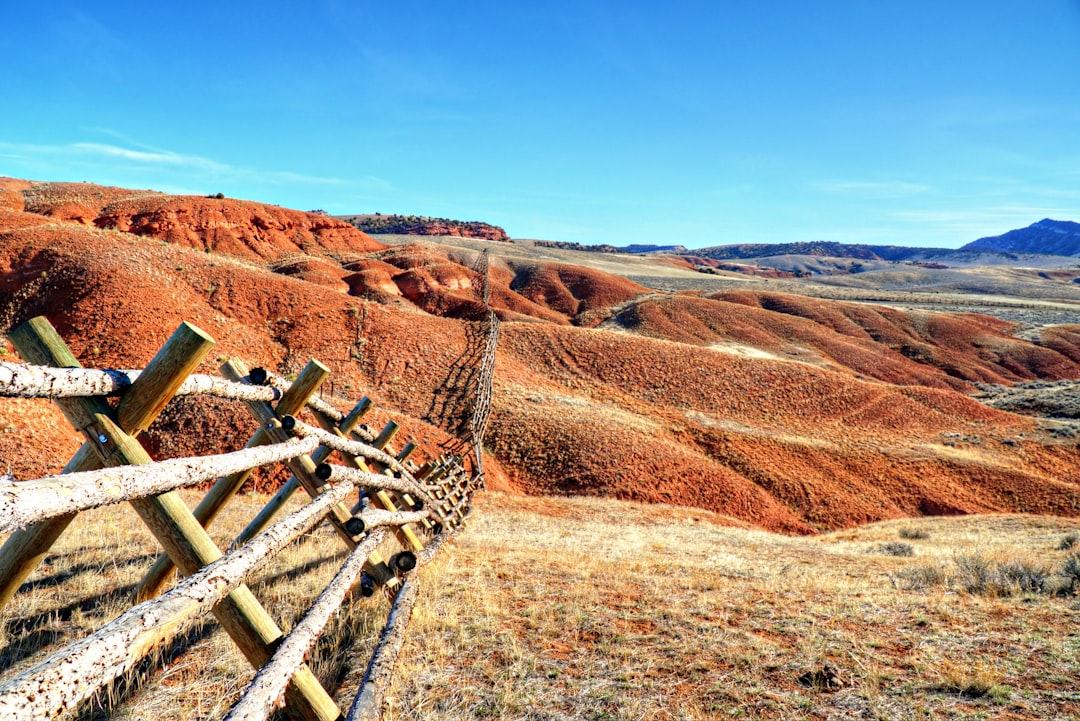Unwanted call law firms operating in Wyoming, particularly within the Wind River Reservation, face a complex legal landscape due to overlapping federal regulations (TCPA) and tribal ordinances. This dual jurisdiction aims to protect residents from unsolicited telemarketing calls but presents challenges for both businesses and Native American communities who rely on direct communication for essential services. To navigate this environment ethically, firms must respect cultural differences, address the digital divide among older tribal members, and engage respectfully with the community, gaining trust through understanding local customs, active listening, and tailored legal services. This approach ensures compliance with unwanted call laws while fostering positive relationships in Wyoming's unique cultural context.
“In the heart of Wyoming, the Wind River Reservation stands as a unique legal and cultural landscape. This article explores the intricate dynamics between unwanted call laws and Native American communities, specifically focusing on Dubois. We delve into the challenges faced by residents and how these laws impact their lives. Furthermore, we provide strategies for law firms to navigate this sensitive environment respectfully, fostering positive engagement with the Dubois community while adhering to relevant Wyoming regulations.”
Understanding Wind River Reservation's Legal Landscape

The Wind River Reservation, located in Wyoming, presents a unique legal landscape regarding unwanted calls, primarily due to its status as a Native American reservation. The reservation is home to the Eastern Shoshone and Northern Arapaho tribes, and its legal framework incorporates both federal and tribal laws. Federal regulations, such as the Telephone Consumer Protection Act (TCPA), apply within the reservation boundaries, addressing the issue of unsolicited telephone marketing calls. These laws prohibit call centers from making automated or prerecorded calls to consumers without their prior consent, thereby reducing the number of unwanted calls targeting residents.
Moreover, tribal laws and ordinances further regulate telemarketing practices. The Wind River Tribe has established its own code, which includes provisions for consumer protection and privacy rights, extending to telephone communications. Understanding this legal framework is crucial for call law firms operating in or reaching out to individuals within the reservation. Compliance with both federal and tribal regulations ensures ethical business practices and minimizes potential legal issues related to unwanted calls.
The Impact of Unwanted Call Laws on Native American Communities

The implementation of unwanted call laws, also known as do-not-call lists, has significantly impacted Native American communities, particularly in Wyoming’s Wind River Reservation. These laws, while well-intentioned to protect individuals from intrusive telemarketing, have inadvertently created unique challenges for indigenous populations. Many Native Americans rely on direct marketing and telephonic communication for essential services, such as healthcare appointments, job opportunities, and educational resources.
Unwanted call law firms in Wyoming often fail to consider the cultural and economic differences within these communities. Traditional methods of communication, including landlines, are prevalent among older tribal members who may not have access to modern technology or prefer face-to-face interactions. As a result, blocking unwanted calls can hinder critical outreach efforts, leaving community members at risk of missing important messages. This digital divide exacerbates existing disparities and highlights the need for tailored solutions that respect cultural norms and address the unique needs of Native American communities in the state.
Strategies for Law Firms to Respectfully Engage with Dubois' Community

When interacting with the community of Dubois’ Wind River Reservation, law firms should prioritize respectful engagement to foster a positive relationship. This involves understanding and respecting cultural nuances, as well as being mindful of communication preferences. Unwanted call law firms in Wyoming should refrain from aggressive marketing tactics and instead focus on building trust through genuine interactions. Establishing open lines of communication, actively listening to community concerns, and offering tailored legal services can help law firms gain the trust and respect of Dubois’ residents.
To ensure a harmonious relationship, law firms must be sensitive to local customs and traditions. This may include seeking permission before entering traditional territories, respecting privacy, and being culturally aware during meetings or events. By adopting an inclusive approach that values diversity, law firms can create a welcoming environment for Dubois’ community members, thereby encouraging open dialogue and collaboration.





